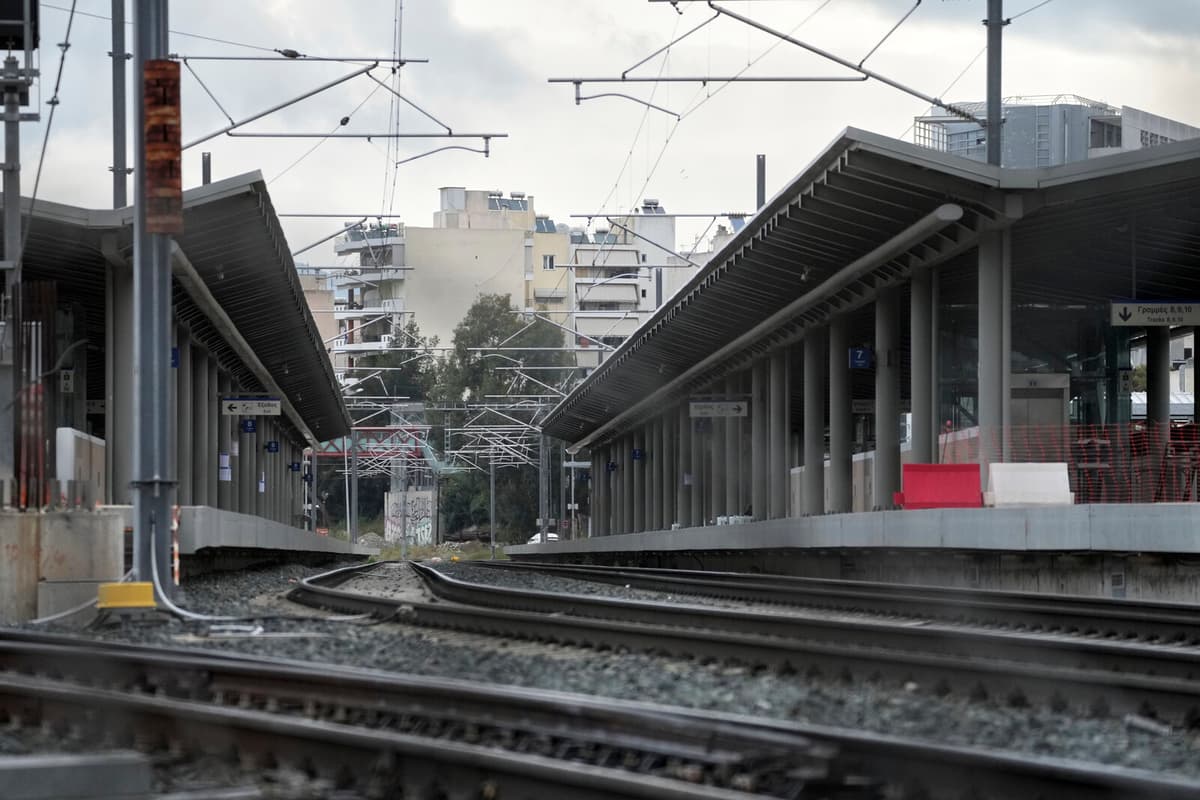Commercial flights to and from Greece and between domestic destinations have been cancelled and public transportation is operating on reduced capacity during Wednesday's strike, which has been called by the country's two largest trade union umbrella organizations. In addition to wage increases, they are demanding a full return to collective bargaining rights, which were abolished during the Greek financial crisis.
Ferries that normally service the Aegean and Ionian islands are anchored, while schools, courts, banks, and public services are closed.
Many households are struggling with their economy due to increased costs for food, electricity, and housing.
"The high cost of living is eating away at workers' incomes, without the government caring," says the private sector umbrella organization GSEE in a statement.
According to GSEE, a large part of the country's population spends more than 40 percent of their income on housing and heating costs.
Protest marches are planned for Wednesday, including in the capital city of Athens.






